Africa Network For Animal Welfare (ANAW)
Quarterly Newsletter - September 2020
Message from the Executive Director
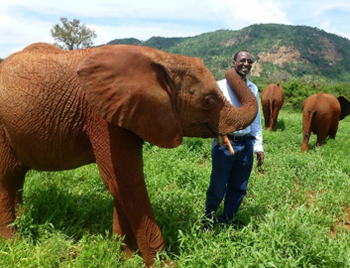 Warm greetings to you, from Nairobi – Kenya Warm greetings to you, from Nairobi – Kenya
Despite the pandemic, ANAW has kept moving on steadfast with its projects and programs. The last three months have seen the government start to slowly re-open the country through relaxing travel restrictions within and without the borders of Kenya. This in essence, accorded ANAW the opportunity to step out and continue making imprints in safeguarding Africa’s animal welfare.
In the next few pages you will read about our impacts on de-snaring and rescue operations, advocacy campaign against use of battery cage system in poultry farming, capacity and resilience building of donkey owning communities and grass-root administration along Kenya-Tanzania border, Kasighau Wildlife Guardians’ graduation after rigorous 21 day training and how Covid-19 has meant good news to the Colobus monkeys of Diani coral rag forest in Kenya’s south eastern coast.
Finally, the Africa Animal Welfare Conference (AAWC) 2020 was a huge success as it brought together over 500 online participants drawn from 52 nations across the world! We shall exclusively cover key highlights of the conference in our next monthly brief even as we share the conference report with all of us.
Please do enjoy your read and as usual give us your thoughtful feedback.
Sincerely,
Josphat Ngonyo.
The Pain of De-snaring and Rescuing Wire-trapped Wild Animals
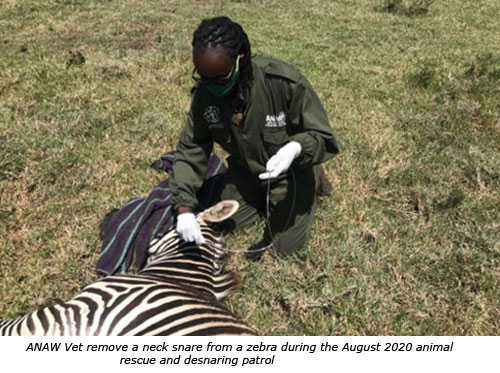
Sometimes, and those times are many; it starts with a distress call. The focal points in respective wildlife habitation areas, almost always make the most agonizing calls to ANAW’s de-snaring and rescue team announcing a new spotted wire-trapped animal. As the team preps to respond to the emergency, one question that always lingers in their minds is – will they find the said trapped animal(s) alive? Or worse still, if they find it, will they have to put it down upon ascertaining that it may not recover due to immeasurable pain and degree of injury?
Simon Wambua, ANAW’s head driver with an unparalleled passion for wildlife rescues knows this, too well; “Sometimes we drive to the rescue area amid eerie silence in the rescue vehicle.” He says. Kenya Wildlife Service (KWS) rangers, who have taken oath to protect these beautiful wildlife species rarely say a word while en route to the rescue sites. “The most familiar sound in the vehicle is normally that of cocking of their guns in anticipation for the worst – finding and having to apprehend an armed poacher.” Adds Simon. “It is always a tense journey till they find and rescue the wounded or wire snared wild animal.” Wambua says, as he walks away – not wanting to say more.
ANAW’s de-snaring team and partners go through these experiences every so often as they seek to conserve Africa’s wildlife in selected program areas – Machakos, Kajiado and Nakuru Counties. Indeed, for the last three months they have painstakingly given a new lease of life to at least 18 wild animals with snares or injuries through the help of KWS veterinarians. These rescued wildlife species would have ended up in someone’s plate as a delicacy, but the courage and tenacity of the team saved them.
Unfortunately, 2 of the wild animals attended to, had severe injuries hence they were humanely put down. Sadly again, another 6 wild animals were found dead in snare traps.
The de-snaring operations helped to cumulatively lift 168 live wire snares in the last three months with an active noose, ready to trap an unsuspecting wild animal.
Through the findings of these operations and collated corroborating data, it has emerged that there has been an upsurge of bushmeat exploitation by 50% because of covid-19 pandemic. This realization depicts an immense threat to the survival of wildlife from bush meat poaching.
Notably, the economic effect of Covid-19 has weakened the security patrols of private ranches and conservancies due to scarcity of funds making them more vulnerable to bushmeat exploitation. The team is cognizant of the fact that community conservation education for the communities neighbouring wildlife areas is more necessary now, than ever before. They, however, acknowledge the prevailing restriction protocols to mitigate Covid-19, as a limitation to what they can do and are therefore, exploiting more innovative ways of awareness creation such as digital messaging.
Anyone out there with the in-depth understanding of the precarious situation the de-snaring and rescue team must deal with, will surely understand the mood in the de-snaring and rescue vehicle.
In this sad regard, it is only paramount that the de-snaring and rescue activities be continued, to dismantle the lethal snares and save more wild animals from more suffering and eventual death. This, clearly, cannot be done by jolly faces.
Battery Cage Poultry Farming Infringes on Bird’s Welfare
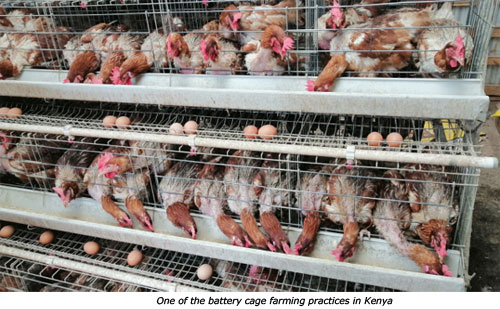
For those who would never want to miss a piece of chicken meat or scrambled chicken eggs on their plate; here is something for you to ponder – ever stopped to think about how your meal arrived at your plate? How was the chicken reared? Just like all of us value freedom of movement; was the chicken given the chance to ruffle and flap their wings? Was the chicken let go to stretch and exercise from one corner of the homestead or compound to the other corner? As a bird, that chicken, was it given space for natural nesting?
A dedicated team of ANAW staff supported by Open Wing Alliance (OWA) in June 2020 started out on an advocacy campaign against use of battery cage system in poultry farming to which most of the above chicken welfare concerns are raised.
For the starters, use of battery cages in poultry farming is a system whereby poultry especially egg-laying chicken are reared in identical rows and columns of cages connected for easy feeding and collection of eggs. The birds suffer by being confined in spaces less than an A4 sheet of paper per bird. Many animal welfare experts agree that battery cage system also known as indoor cages system need to be replaced with cage free poultry farming because lack of adequate space can have negative consequences on the health, behavior, and physiology of the birds .
The team visited over ten chicken rearing farms in six counties (Narok, Bomet, Kisii, Kericho, Nyeri and Meru) in Kenya, to conduct a comprehensive welfare assessment of egg-laying chicken reared under the battery cage system, and also to enhance the team’s understanding of farmers’ perceptions and ideologies regarding the adoption of this system.
In their own words, the farmers cited several disadvantages of the system including: the birds appearing to be stressed in the cage; rampant vent pecking during egg laying; increased feather pecking as the birds are crowded in the cages and birds tending to get overweight hence increasing their susceptibility to sudden death syndrome.
Of the 10 battery cage poultry farms visited most of them were for commercial purposes meaning part of what you get in your plate comes from these unhappy suffering birds.
The ongoing project continues to strongly advocate for use of free-range method which is a cage-free system of chicken rearing where the birds grow naturally and can also give the farmer maximum output.
Indeed, Alfred Chesang one of the chicken farmers in Kericho, rearing over seven thousand chickens spoke of his daughter’s dislike of their battery cage poultry farm, “My daughter who is in the university does not like the way we rear the chicken… she says they are suffering due to the confinement we have subjected them to and she never goes near them.” He says.
The team noted that substantial knowledge gap exists among poultry farmers and battery cage suppliers regarding poultry sentience and welfarism. Farmers lack sensitization and education forums to learn on poultry welfare and its significance in enhancing productivity thus would benefit greatly from forums that educate them on animal welfarism, sentience and how this is linked to improved productivity.
The advocacy campaign shall, therefore, going forward focus more on capacity building to bridge the knowledge gap among the battery cage poultry farmers, suppliers, policy makers and other key stakeholders in the industry.
Building Capacity and Resilience Amongst Donkey Owning Communities

‘Punda ni mama’ loosely translated as ‘donkey is a mother/woman/co-wife/helper’ is a saying that resonates well with most of the Maasai community women, especially those who have experienced first-hand brunt of donkey theft from their manyattas’ leaving them without a helper, fellow mother, and co-wife.
It is, indeed, not just a saying among the Maasai community but it also reverberates with other many donkey owning communities across the world who understand and experience the role the donkey plays in the economies of those communities.
This anecdote was more elaborated as ANAW supported by Brooke East Africa started out last year, 2019 to ascertain the nature, extent and frequency of cross-border movement of donkeys along Kenya – Tanzania border and how that movement and trade of donkeys across the two nations border was facilitating wanton theft of donkeys as unscrupulous traders increased their stock to supplement the slaughter capacity in the four operational slaughterhouses in the country.
One of the discoveries of the project was that despite huge cry by the border communities of their donkeys being stolen by the cross-border traders, there was extraordinarily little documentation or none, at all. They would narrate horrific tales amid pain of the negative impacts the movement has had in their lives but most of them had not reported to their local administration. The team soon gathered that there was huge trust gap between the locals and the local authorities, and they did not trust them to recover their stolen donkeys.
It was therefore, arising from one of the key recommendations of that project’s phase – the need for capacity and resilience building among the donkey owning communities residing along the Kenya-Tanzania border as well as the local administration, the current project was born. Importantly, the project covers the expansive border, mostly porous, and stretching from Olmapinu in Kajiado County to Oloolaimutia in Narok County.
The project started in earnest this last August and aims at engaging in activities keen on building the capacity and resilience of the said donkey owning border communities to not only be vigilant on the borders but also to ensure they report theft cases to their local authorities. The community leadership at all levels, including village elders, sub-chiefs, chiefs, local police, church leaders, opinion leaders among other influential leaders are being sensitized on the need to be more vigilant.
This sustained vigilance will be key to monitoring the borders especially now that Kenya’s donkey abattoirs are not operational due to the withdrawal of donkey slaughter licenses in Kenya, and the traders may turn to Tanzania to continue with the lucrative business as they monitor the situation in Kenya on whether the abattoirs’ licenses will be reinstated. There are already unconfirmed reports that donkeys are crossing the border from Kenya moving to Tanzania’s Fang Hua (Pty) Ltd donkey abattoir in Shinyanga which is currently operational.
By the end of March 2021, when the project comes to a halt, it is expected that donkey owning communities and local authorities along the Kenya-Tanzania border will have remarkably increased their resilience and vigilance to protect their donkeys from theft. Further, there will have been an increased nationwide media involvement and coverage in advocacy campaigns against illegal movement of donkeys and skin trade to raise the consciousness of nations that have for long forsaken the welfare of the beast of burden – the donkey.
When the above outcomes are achieved during the lifeline of the project, this line ‘punda ni mama’ will have gained traction and all the donkey-owning communities of the Kenya-Tanzania border, especially the women, will breathe a sigh of relief and live with their fellow helper, mother, woman, and co-wife for posterity. Together they shall prosper; women economically and the donkeys in their welfare observance.
Kasighau Wildlife Guardians Empowered
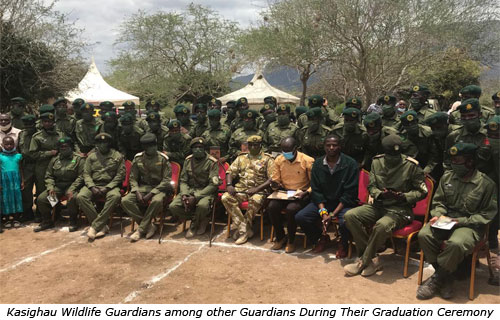
One of the profound achievements for the Kasighau Wildlife Guardians for the last three months was that in the month of September they joined a team of 50 rangers drawn from both Kasighau ranch and the neighboring ranches to participate in a rigorous 21-day consolidated training at Kasighau ranch, that was sponsored by the African wildlife Foundation (AWF).
All the ranch guardians plus 29 others from neighboring ranches underwent laborious training on patrol techniques, security reporting, communication, first aid, wildlife tracking, human-wildlife conflict monitoring, wildlife ecological monitoring and basic community wildlife extension.
At the end of the course, and upon graduation, all trainees were given copies of codes of discipline, rangers’ standard operating procedures, and equipped with branded full uniforms kits.
In 2016, ANAW assisted Kasighau ranch to establish a 28,000-hectare community wildlife conservancy within the community-owned ranch. The ranch has remained a critical wildlife migration corridor for Tsavo East, Tsavo West and Mkomazi National Parks.
ANAW supports nine (9) out of 21 wildlife guardians and therefore, takes this auspicious moment to congratulate them for enduring the said 21-day training and for their graduation. This training will enable them to be more efficient in their conservancy patrol roles as wildlife guardians.
Again, congratulations!
Relief for Colobus Monkeys Amid Covid-19 Restrictions
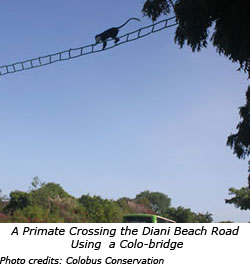 For the last seven months since the first Covid-19 case was announced in Kenya on March 13, 2020, Diani Beach Road that leads to Colobus Conservation has experienced minimal vehicle and human movement compared to its previous busy state. This has been good news to the wild colobus troops and other wild monkeys who reside in the expansive coral rag forest along Indian Ocean, on Kenya’s south eastern coast region as tourism activities reduced decimally. For the last seven months since the first Covid-19 case was announced in Kenya on March 13, 2020, Diani Beach Road that leads to Colobus Conservation has experienced minimal vehicle and human movement compared to its previous busy state. This has been good news to the wild colobus troops and other wild monkeys who reside in the expansive coral rag forest along Indian Ocean, on Kenya’s south eastern coast region as tourism activities reduced decimally.
It ought to be remembered that it was out of an uproar from local residents about the high number of deaths of colobus monkeys being hit by speeding motorists on the nine kilometer Diani Beach Road stretch, that the organization was established in 1997 to promote the conservation, preservation and protection of primates like the nationally threatened Angolan Colobus monkey (Colobus angolensis palliatus) and its coastal forest habitat.
Since 2015, ANAW has been partnering with Colobus Conservation through secondment of a Veterinary Officer, helping build a recovery hospital for the primates as well as helping build aerial ladders (Colo-bridges) across the road.
In the last three months, for example, we have had a total of 36 welfare cases. Out of these 11 were Vervets, 5 Colobus, 15 Sykes, 2 Baboons, 1 Hadada Ibis and 1 Bush Baby. Out of these, 1 died in transit on its way to the clinic, 1 died under treatment, 4 were euthanized, and 7 were joyfully released back to the wild.
Comparatively, these welfare cases especially arising from the primates being knocked down by speeding vehicles are way low compared to pre-covid-19 pandemic when tourists flocked the many beach hotels along the Diani Beach Road.
More significantly, and although the pandemic has negatively impacted on the world’s economy among other spheres, for the primates, it has been good news for they could cross the road at their own pace without minding speeding motorists!
Support Our Work
Here's a great way to support Africa Network for Animal Welfare (ANAW) and enable us to protect future generations of animals. You can do so through the following ways:
Through Donation
You can support our work by donating online through our secure online platform using a credit card. Please, click here to donate .
Leave a Legacy in Your Will
By putting a bequest to ANAW in your will or trust, you will help us to improve the lives of animals far beyond your lifetime. Contact us through This email address is being protected from spambots. You need JavaScript enabled to view it. if you need additional information about how to include us in your will.
|
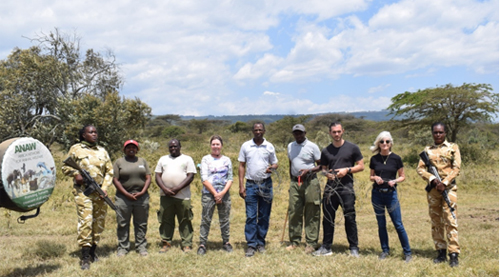

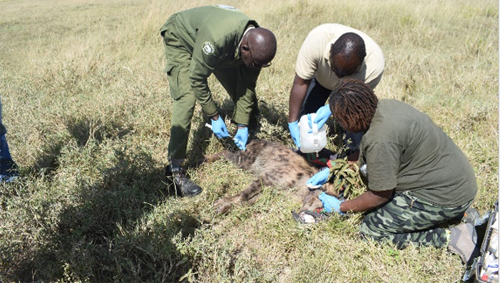
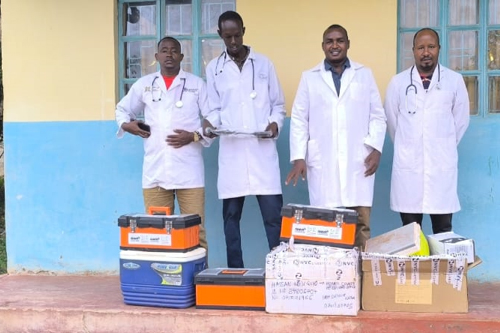

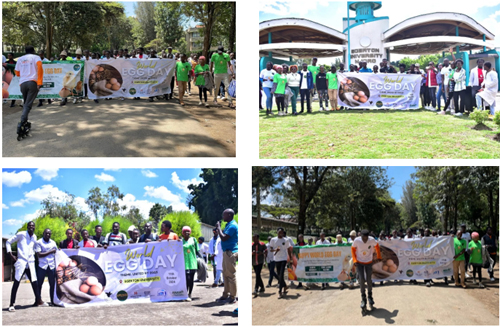
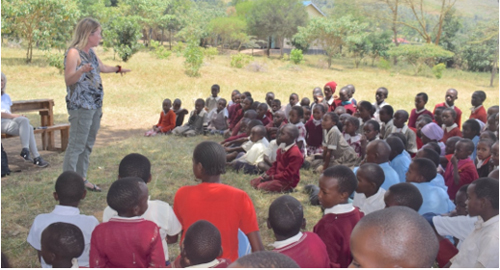
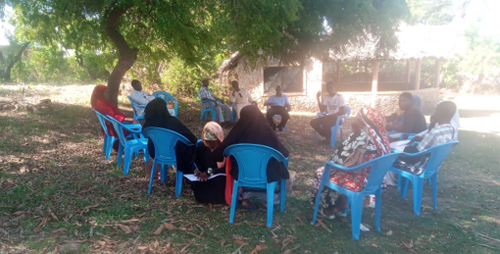

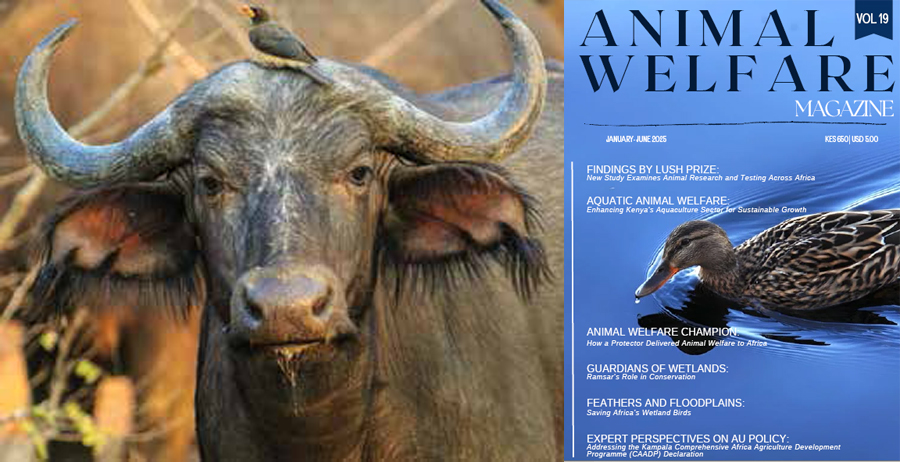
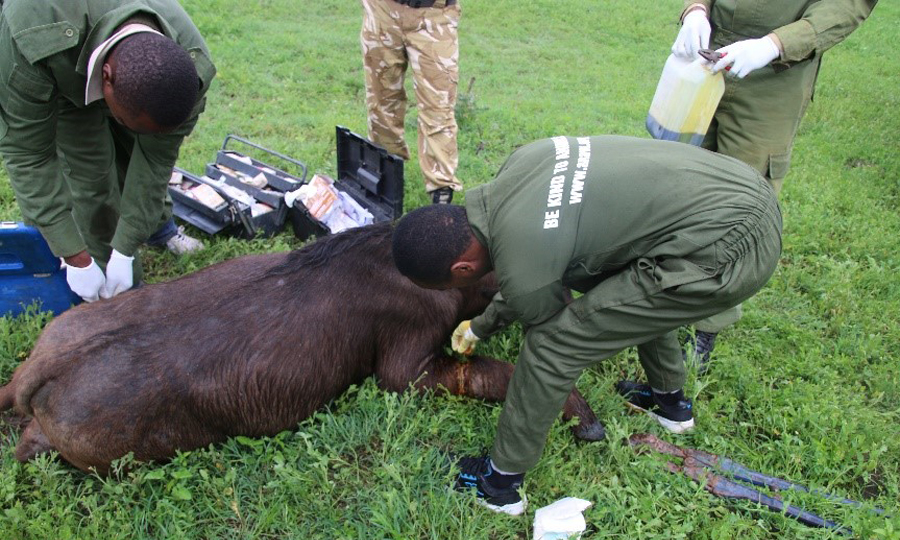
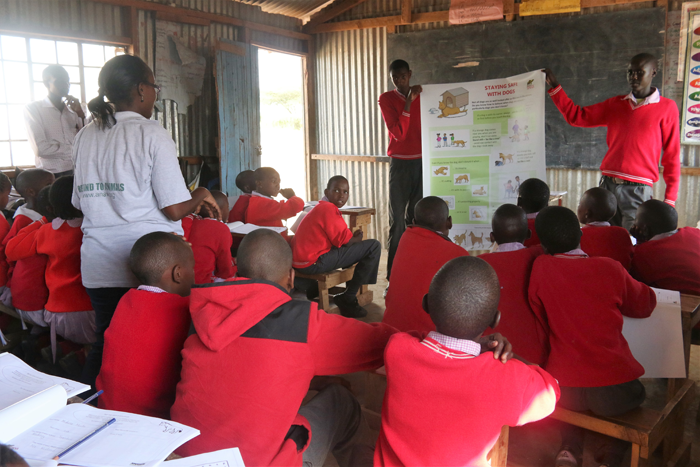
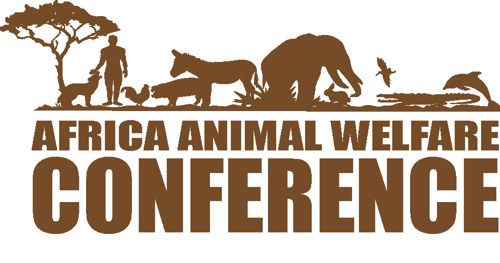
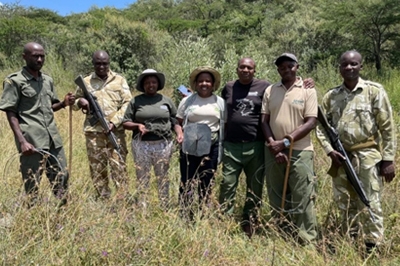
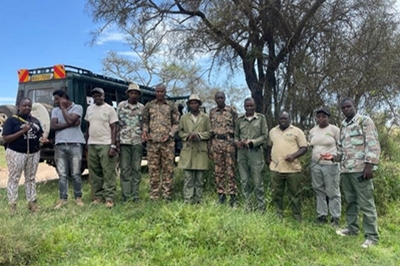
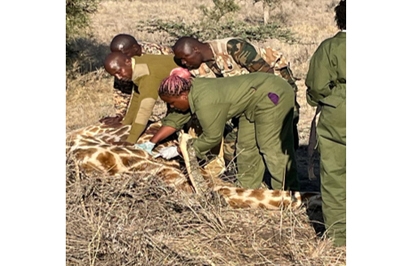
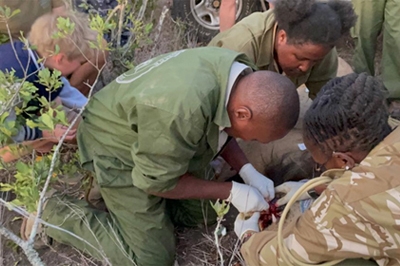
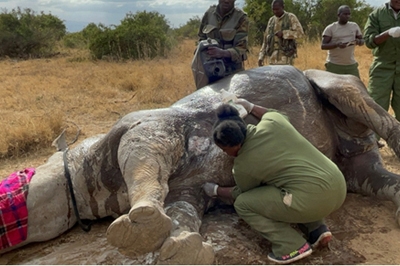
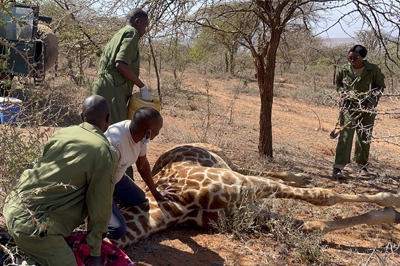
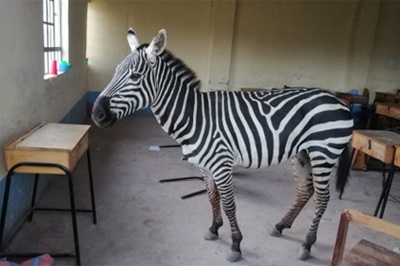
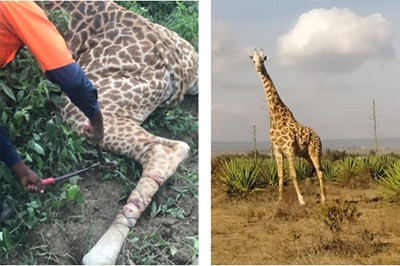
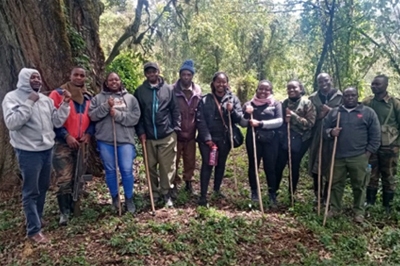
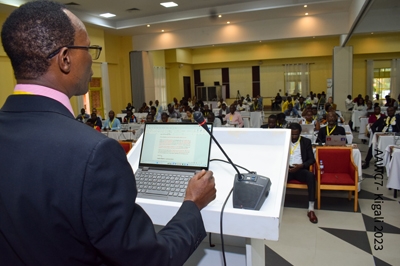
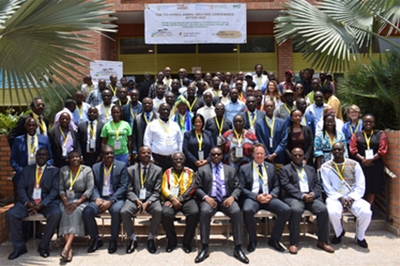
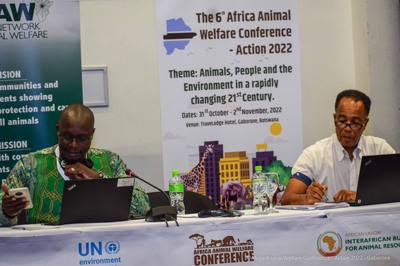
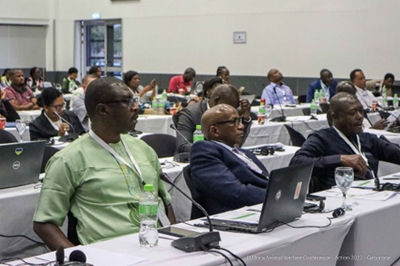
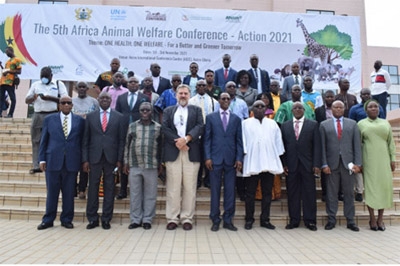
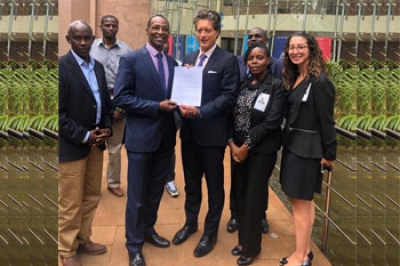
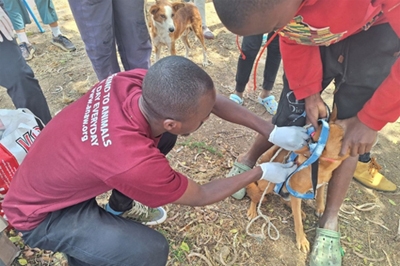
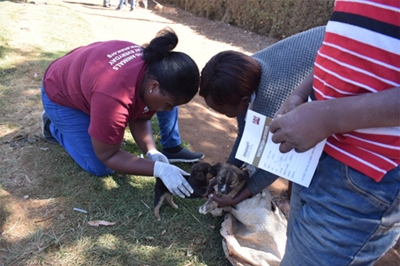
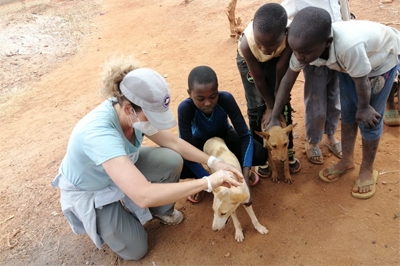
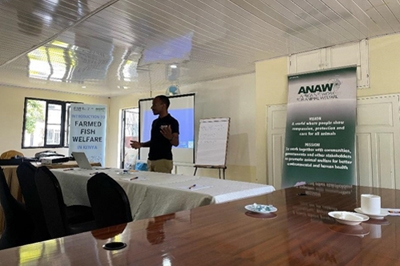
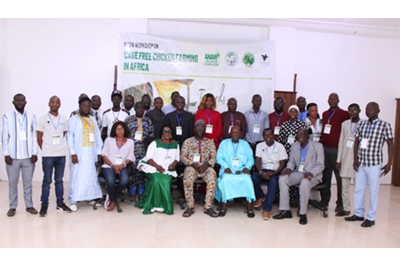
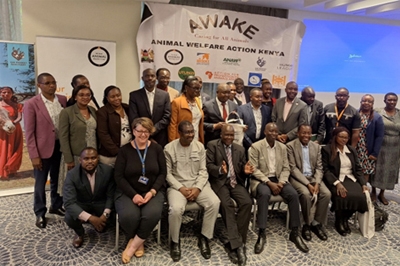
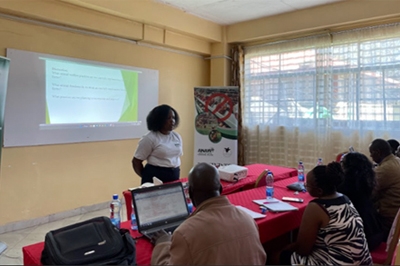
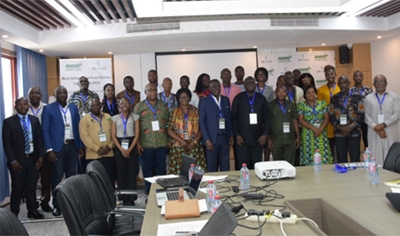
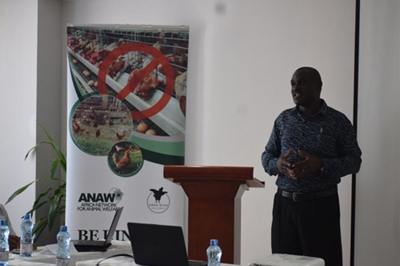
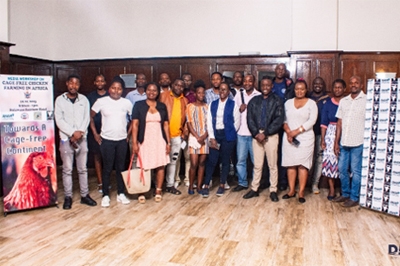
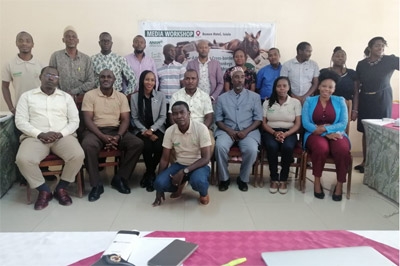
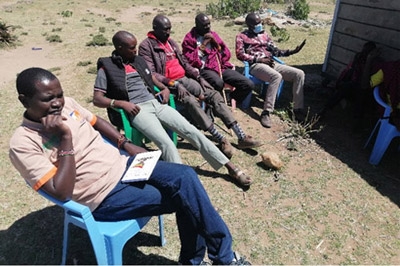
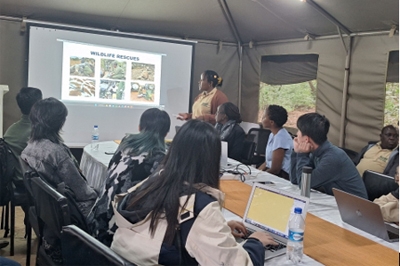
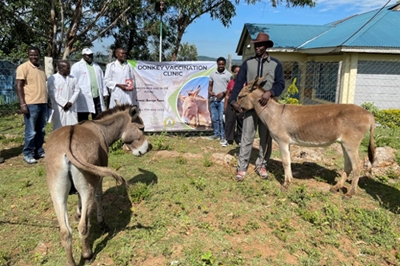
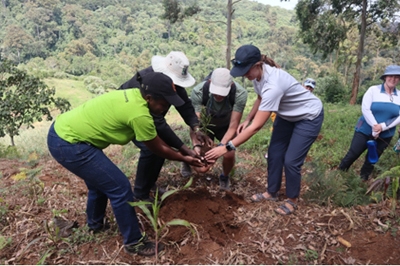
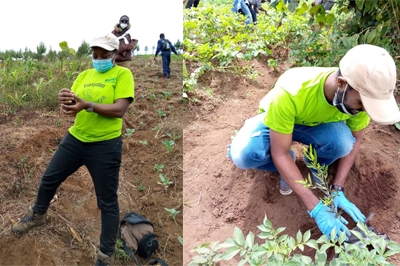
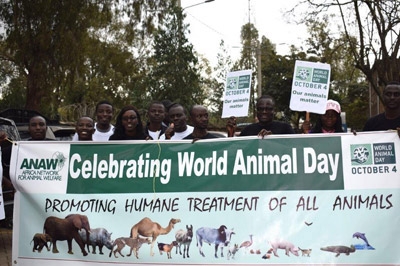
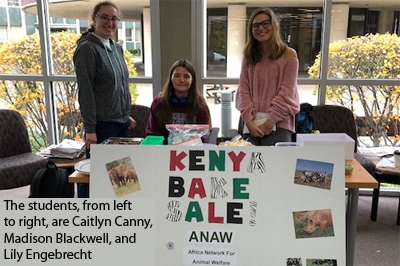
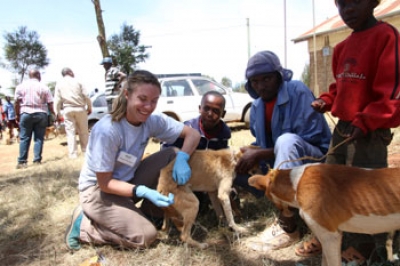
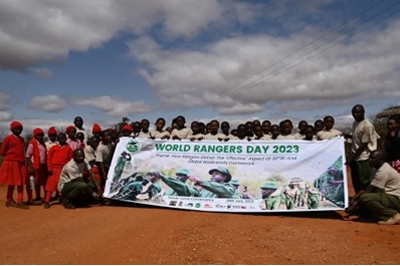
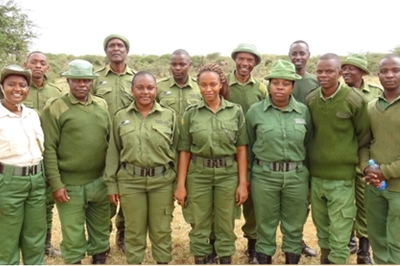
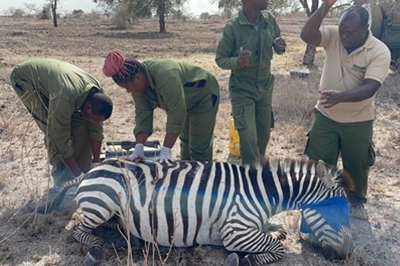
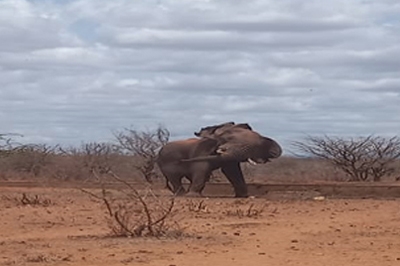
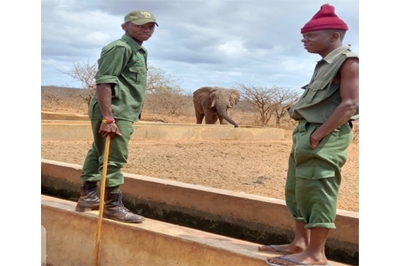
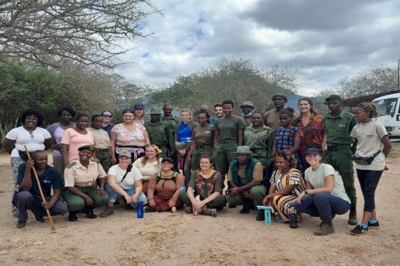
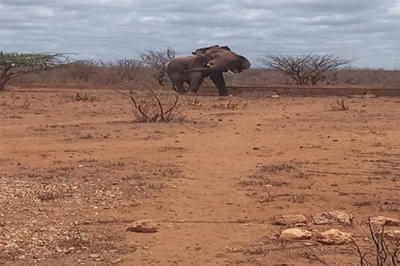
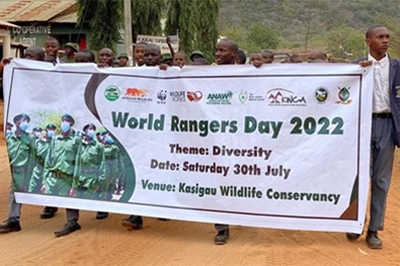
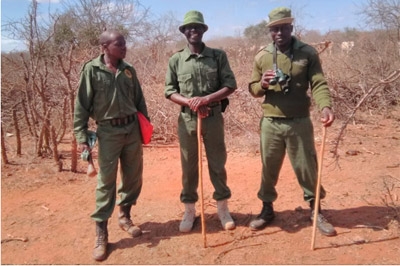
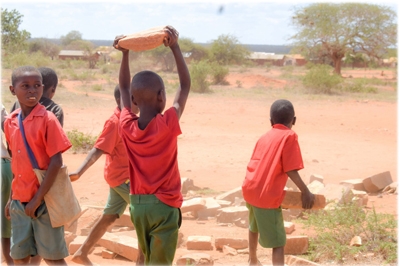
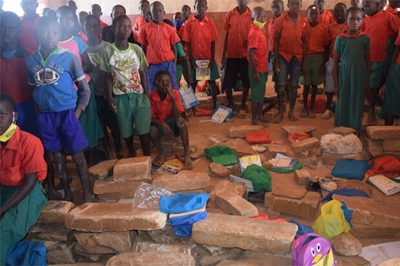
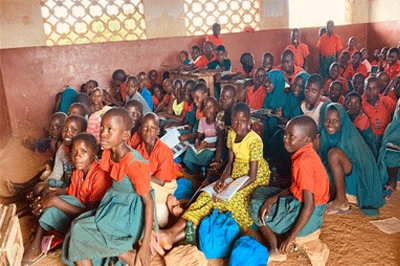
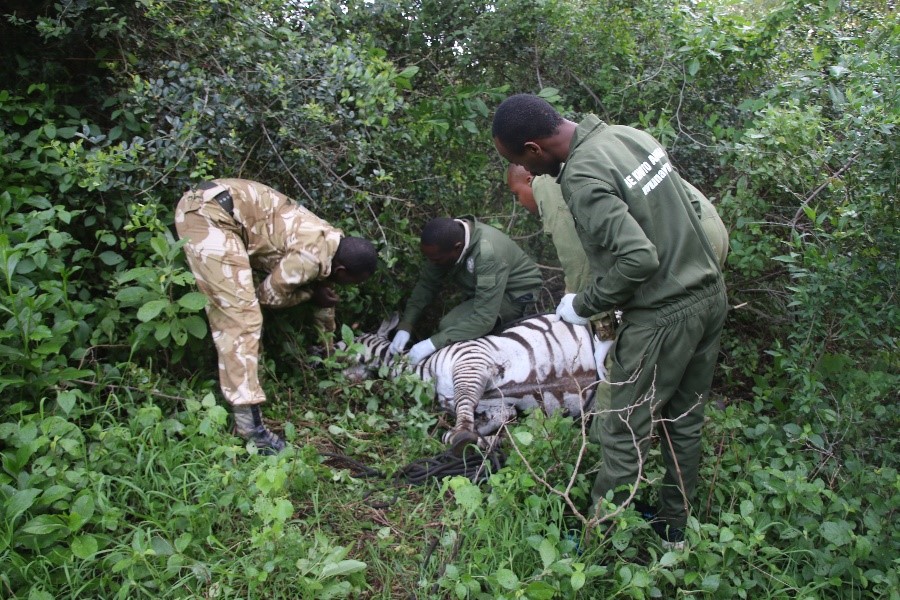
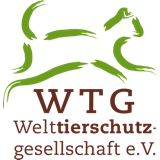
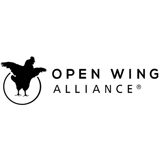
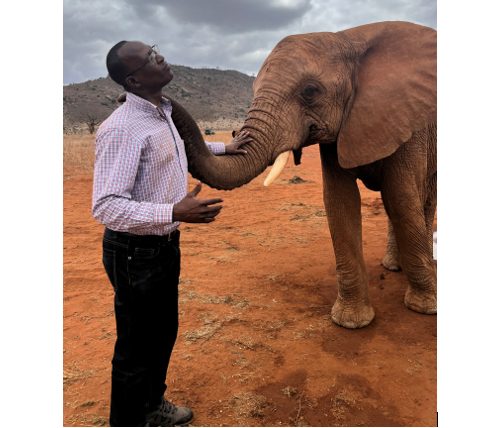
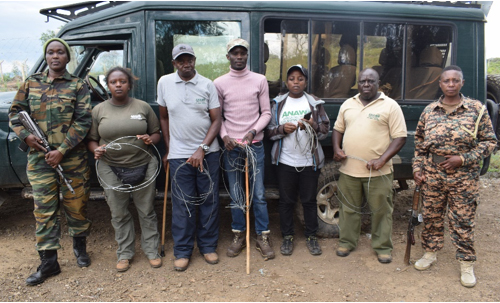
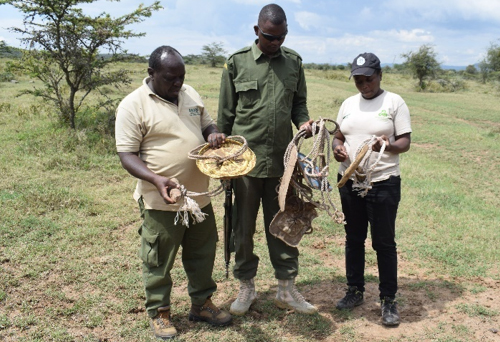
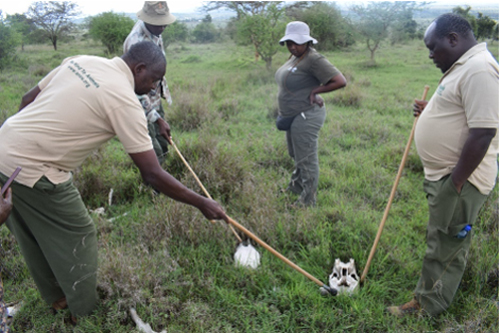
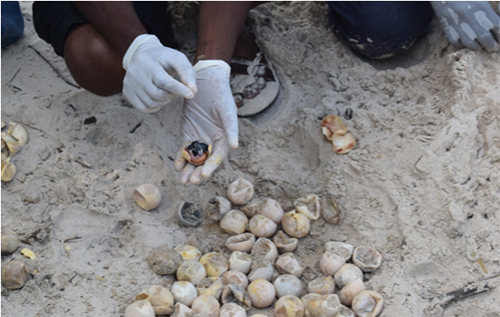
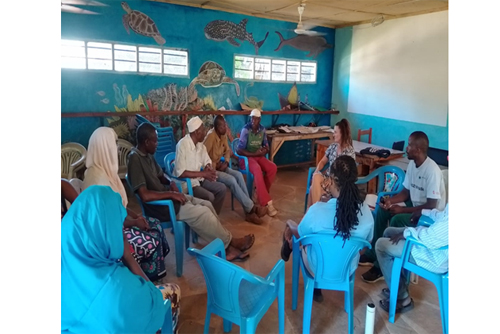
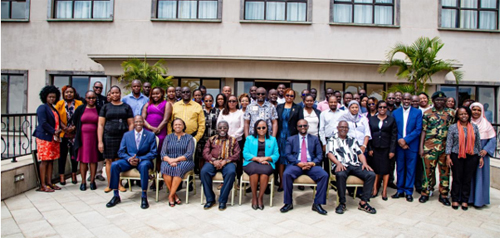

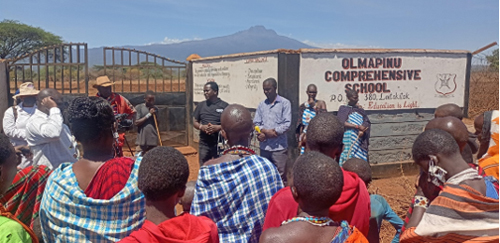

 In a few days, we will all be bidding farewell to this extra-ordinary year, 2020, which ends at an unprecedented time when the COVID-19 pandemic has affected all countries of the world. The pandemic has caused much suffering, driving most economies into chaos. Extra-ordinary, also, because we brought this onto ourselves - through disrespect and interference with the natural world, and animals’ well-being. ANAW, like many other organizations, was not spared either; since our work was affected by this pandemic especially during the lock downs. A time, we established that the poaching incidences went up by 50%.
In a few days, we will all be bidding farewell to this extra-ordinary year, 2020, which ends at an unprecedented time when the COVID-19 pandemic has affected all countries of the world. The pandemic has caused much suffering, driving most economies into chaos. Extra-ordinary, also, because we brought this onto ourselves - through disrespect and interference with the natural world, and animals’ well-being. ANAW, like many other organizations, was not spared either; since our work was affected by this pandemic especially during the lock downs. A time, we established that the poaching incidences went up by 50%.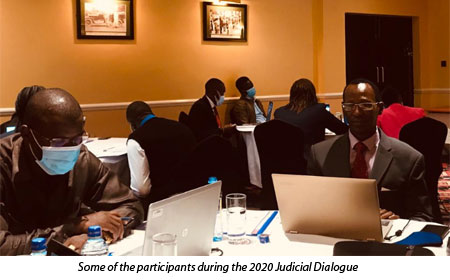 The 10th National Judicial Dialogue and Continuing Judicial Education on Wildlife and Environmental Crimes was for the first time held virtually on 26th and 27th November 2020.The theme of the conference was, ‘Emerging Issues and Trends in Adjudicating Wildlife and Environmental Crimes’.
The 10th National Judicial Dialogue and Continuing Judicial Education on Wildlife and Environmental Crimes was for the first time held virtually on 26th and 27th November 2020.The theme of the conference was, ‘Emerging Issues and Trends in Adjudicating Wildlife and Environmental Crimes’.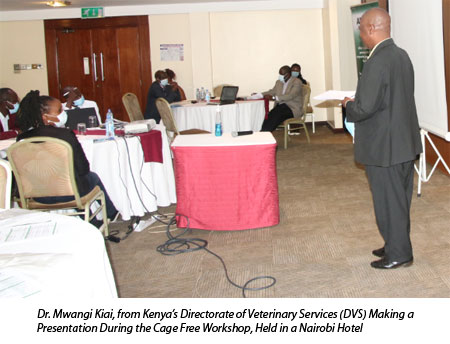 On December 7, 2020, ANAW facilitated a successful Stakeholders’ Workshop on Cage Free Chicken farming in Kenya. Participants included representatives from Kenya Directorate of Veterinary Services (DVS), Chairperson Counties’ Directors of Veterinary Services CCDVS), Kenya Pigs and Poultry Veterinary Association (KPPVA), Kenya Society for the Protection and Care of Animals (KSPCA), World Animal Protection (WAP) and Farm Animals Voice.
On December 7, 2020, ANAW facilitated a successful Stakeholders’ Workshop on Cage Free Chicken farming in Kenya. Participants included representatives from Kenya Directorate of Veterinary Services (DVS), Chairperson Counties’ Directors of Veterinary Services CCDVS), Kenya Pigs and Poultry Veterinary Association (KPPVA), Kenya Society for the Protection and Care of Animals (KSPCA), World Animal Protection (WAP) and Farm Animals Voice.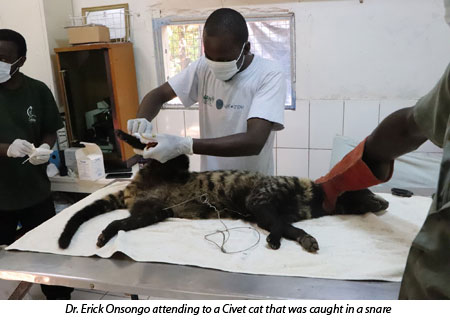
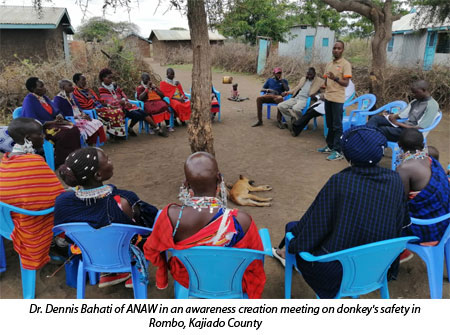 ANAW in partnership with Brooke East Africa kicked off the third quarter of the project’s implementation plan with activities geared to building resilience and capacity of donkey owning communities residing along the Kenya-Tanzania border in both Kajiado and Narok Counties, as well as bridging the trust gap between the said communities and the grassroot government authorities for effective vigilance and security of the animal they love – the donkey.
ANAW in partnership with Brooke East Africa kicked off the third quarter of the project’s implementation plan with activities geared to building resilience and capacity of donkey owning communities residing along the Kenya-Tanzania border in both Kajiado and Narok Counties, as well as bridging the trust gap between the said communities and the grassroot government authorities for effective vigilance and security of the animal they love – the donkey.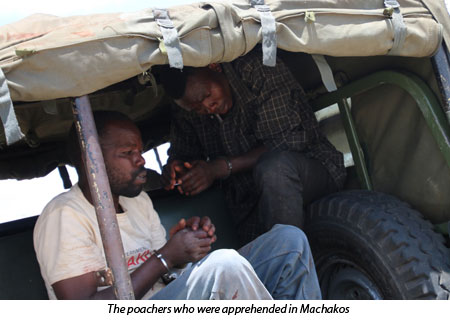
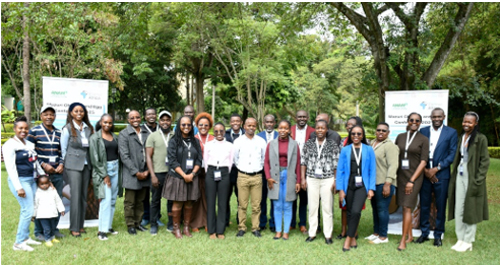
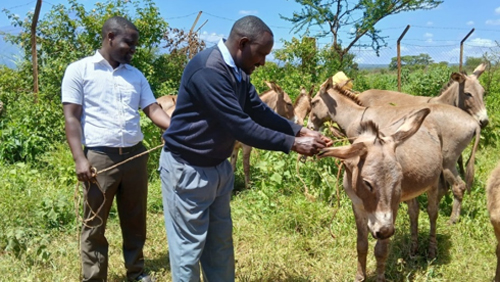
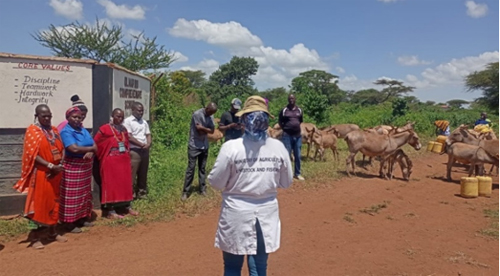
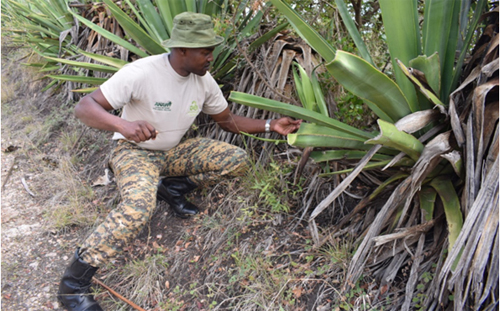
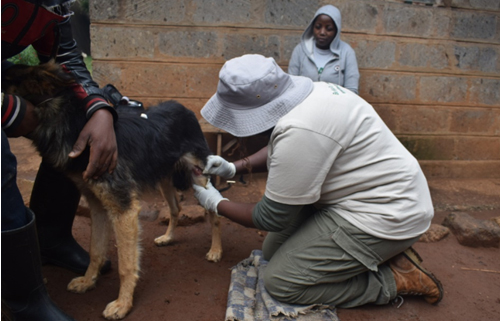
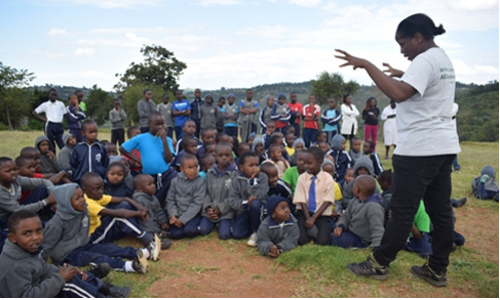

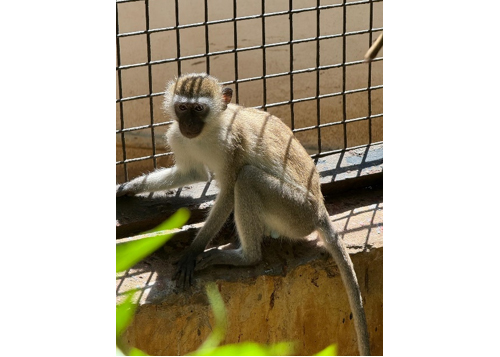




 For the last seven months since the first Covid-19 case was announced in Kenya on March 13, 2020, Diani Beach Road that leads to Colobus Conservation has experienced minimal vehicle and human movement compared to its previous busy state. This has been good news to the wild colobus troops and other wild monkeys who reside in the expansive coral rag forest along Indian Ocean, on Kenya’s south eastern coast region as tourism activities reduced decimally.
For the last seven months since the first Covid-19 case was announced in Kenya on March 13, 2020, Diani Beach Road that leads to Colobus Conservation has experienced minimal vehicle and human movement compared to its previous busy state. This has been good news to the wild colobus troops and other wild monkeys who reside in the expansive coral rag forest along Indian Ocean, on Kenya’s south eastern coast region as tourism activities reduced decimally.